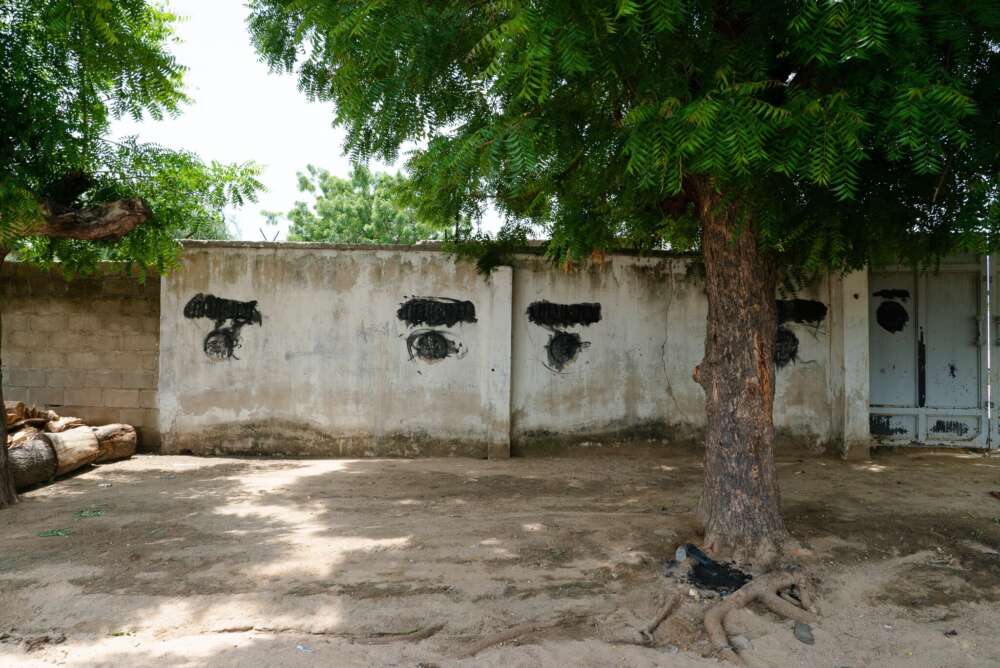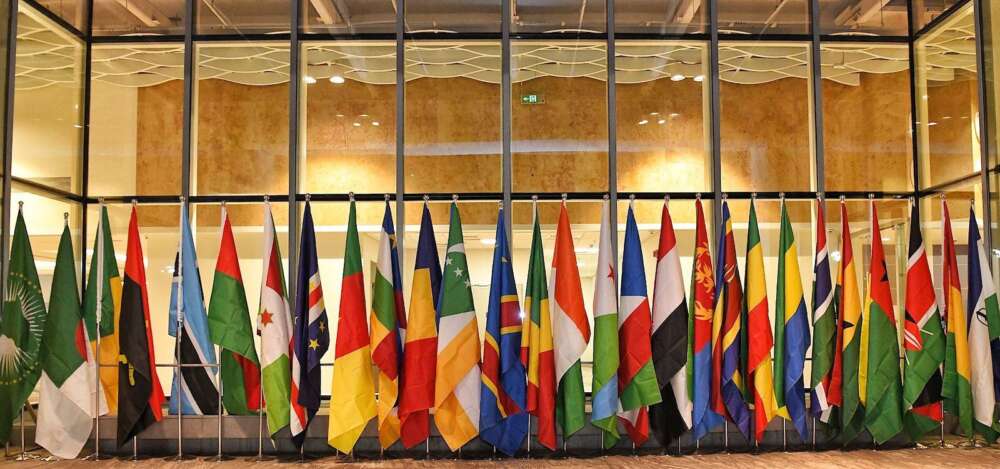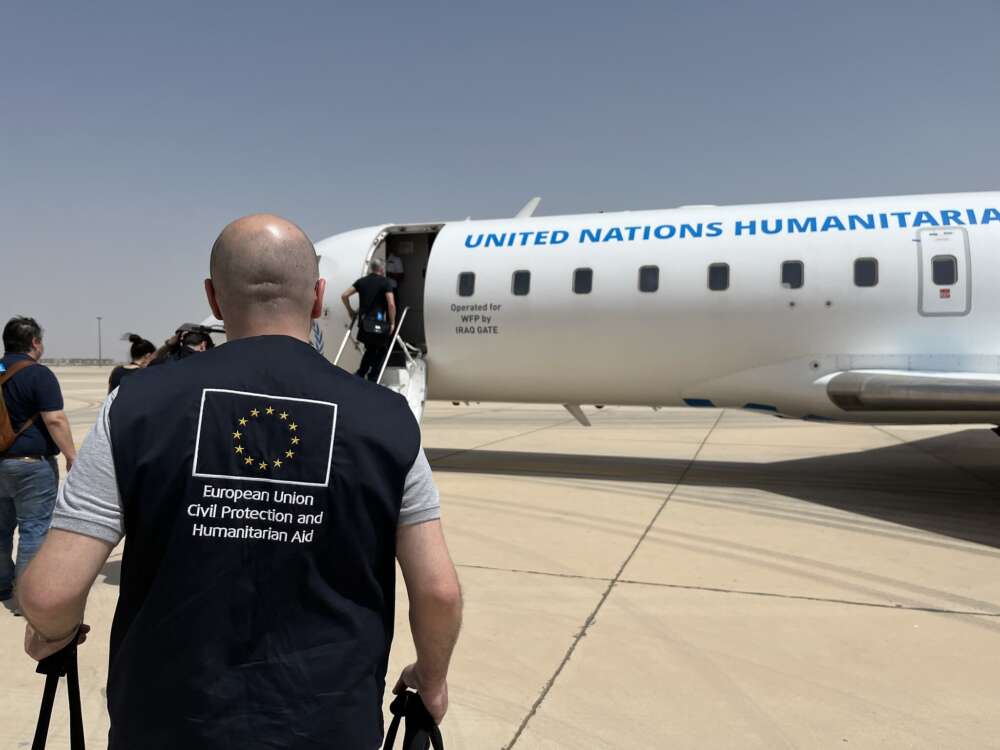The New Protectorates
International Totelage and the Making of Liberal States
German troops fighting the Taliban in the Hindu Kush; EU judges sitting in courts in the Balkans; UN viceroys governing parts of Oceania; American occupation of the Middle East. Amid the myriad political experiences of the post-Cold War era, the historians of the future are likely to pay particular attention to attempts by outsiders to administer a host of post-conflict societies, to perform physical and social reconstruction, to establish functioning institutions, to open economies and, ultimately, to transform the “maladjusted” political cultures of Africa, Asia and the Middle East. Few developments in the two decades after 1989 were as revealing of the character of the international system, of the gaps between liberal discourse and practice, and of the fleeting nature of the Western hegemonic moment.
What made the new protectorates possible? What were they like as an actual political experience? How contradictory was their reception? Why was the process of governing others for their own good so flawed and the outcomes so disappointing? These are among the questions addressed by some of the leading authorities in the field, including Stefan Halper, Christopher Clapham, Mats Berdal and Richard Caplan.
Order from Amazon ↪
Reviews
The editors turn a critical eye on the role of external actors in post-war societies. … Both optimistic and skeptical readers will find evidence to suit their arguments in this important volume; but the balance of evidence will better suit the pessimists. Practitioners would do well to read it closely.
Bruce Jones, director and senior fellow of the Center on International Cooperation, NYU, and senior fellow and director of the Managing Global Insecurity Program at the Brookings Institution
This is a valuable, timely and authoritative examination of the causes and failures of western-led humanitarian interventionism in the post-Cold War period. The authors conclude that if nation-building on the lines of a liberal state, politically free and economically open, was impossible in Bosnia and Kosovo in Europe, it was even more unlikely to be viable, let alone to be perceived as legitimate, in Iraq, Afghanistan or Libya.
Krishnan Srinivasan, former foreign secretary, government of India, and deputy secretary general of the commonwealth
This is a fascinating and insightful collection of essays from a distinguished set of authors. It examines the international trusteeship of troubled territories from a wide and complimentary set of angles: historical and contemporary, tactical and strategic, theoretical and practical.
Iain King, co-author of Peace at any Price: How the World Failed Kosovo







